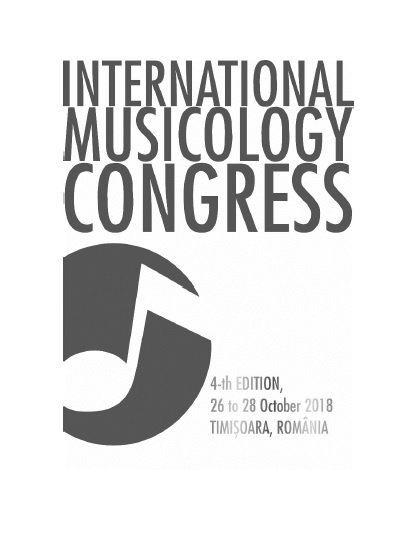LIVIU COMES – AN ORIGINAL CONCEPT OF MUSICAL EDUCATION
LIVIU COMES – AN ORIGINAL CONCEPT OF MUSICAL EDUCATION
Author(s): Tatiana HilcaSubject(s): Fine Arts / Performing Arts, Essay|Book Review |Scientific Life
Published by: Editura Eurostampa
Keywords: education; music; verticality; song; poliphony;
Summary/Abstract: This research focuses on Liviu Comes's pedagogical conception of musical education, which brings in the centre of interest the essentials in introductive - educational aspects that lead to the initiation of children in the world of polyphony. The ability to sing is forming at small ages, where the first manifestations are represented by social creations accompanying children's games. Thus, the originality of Liviu Comes's musical education concept starts from the idea that children can be guided from an early age to an imaginary polyphony, a stage preceding a true polyphony, through which a simple song can become an interactive game through multiple activities like: group singing, musical dialogue, gestures and movements, rhythmic accompaniment. Canonal singing will contribute to the development of harmonical and polyphonic hearing, will stimulate communication and, implicitly, socialization, and thus will help to the ability to sing and make this activity more attractive for children. ”The development of the polyphonic senses, the ability to hear music on multiple planes, opens the way for children not only to the choral practice, but what is more important, later on facilitates access to instrumental music, chamber and symphonic music, whose understanding is unthinkable without the support of polyphony.” (L.C. - On some means for introducing children into polyphonic vocal music)
Journal: Congresul International de Muzicologie
- Issue Year: 1/2018
- Issue No: 4
- Page Range: 61 - 71
- Page Count: 11
- Language: English
- Content File-PDF

